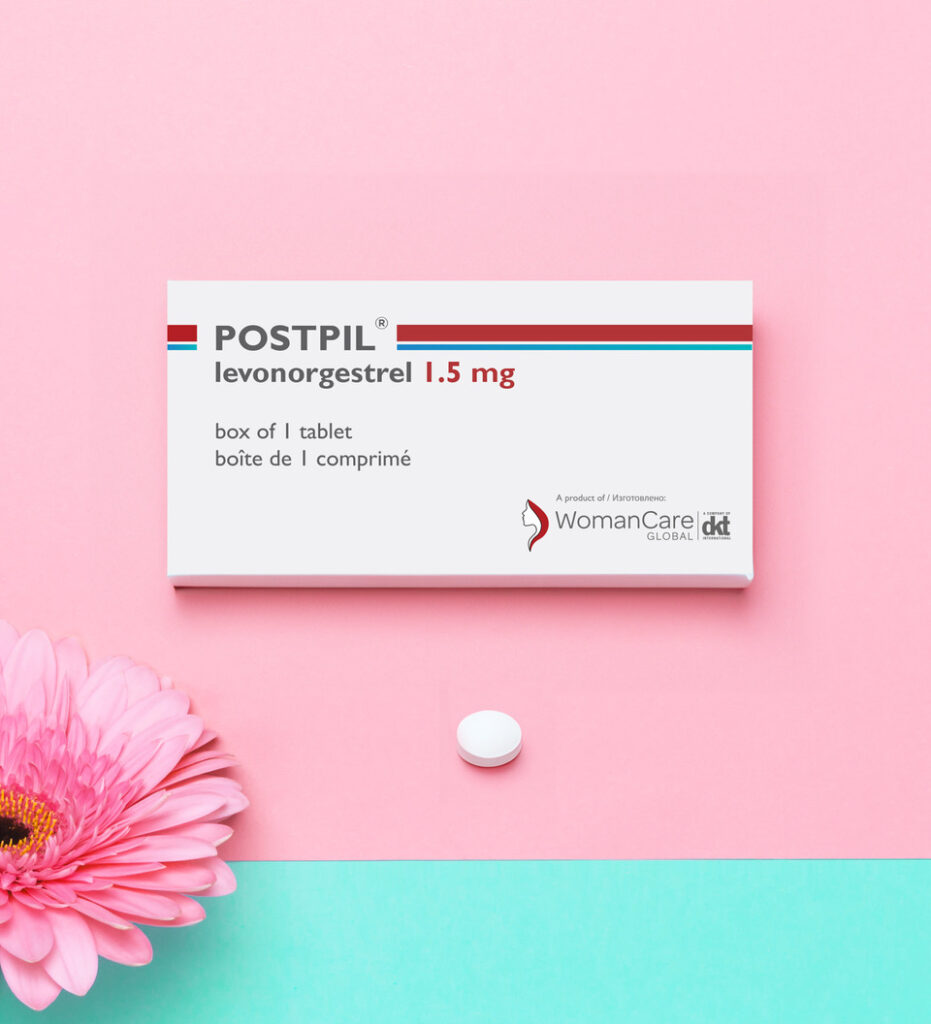What is the Emergency Contraception Pill?
Emergency contraceptive pills (ECPs) are formulated to prevent pregnancy following unprotected sexual intercourse or a suspected contraceptive failure, such as a broken condom, or missed doses of contraceptive pills or injections. These pills are not the same as abortion pills as they do not terminate an established pregnancy. They are designed to be safe and suitable for all women seeking to prevent pregnancy, including those who may not be able to use hormonal contraceptives for long-term purposes.
How does Emergency Contraception Pills work?
ECPs function primarily by preventing or delaying ovulation. Depending on the specific formulation, they can be effective if taken within 72 to 96 hours (3 to 4 days) following unprotected intercourse.
Effectiveness of Emergency Contraceptive Pills
The efficacy of ECPs is highest when taken as soon as possible after unprotected sex. Typically, the pregnancy rate when using ECPs is between 1.2% to 2.1%. The pill’s effectiveness decreases the longer the delay in taking it after unprotected intercourse.
Benefits of Emergency Contraceptive Pills
The primary benefit of ECPs are the convenience and reassurance they offer. Women can be provided in advance, enabling them to take the pill immediately after unprotected sexual intercourse, thereby increasing its effectiveness.
Potential side effects
While ECPs are generally safe, some women may experience minor and short-lived side effects. These can include:
- Changes in bleeding patterns, such as slight bleeding after taking the pills.
- Variations in the timing of monthly bleeding, which may start earlier or later than usual.


